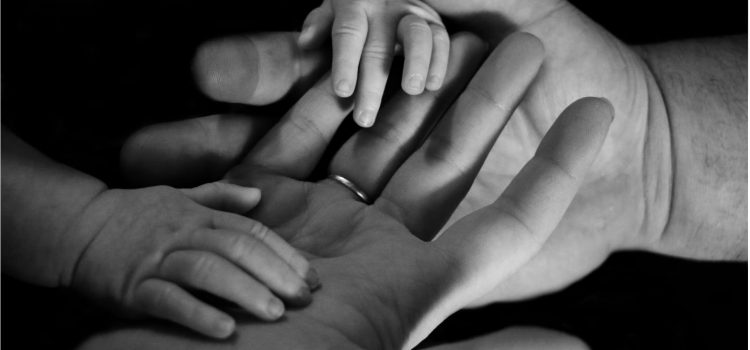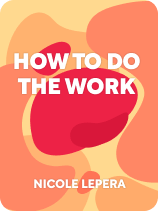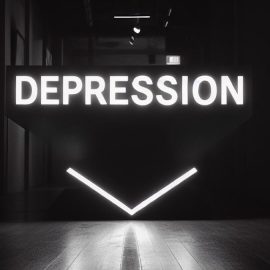

This article is an excerpt from the Shortform book guide to "How to Do the Work" by Nicole LePera. Shortform has the world's best summaries and analyses of books you should be reading.
Like this article? Sign up for a free trial here.
How do generational trauma patterns affect you? Why are these patterns harmful?
Holistic psychologist Nicole LePera argues that you can take control of patterns that don’t serve you and live a healthier, happier life. According to her, self-sabotaging patterns stem from unresolved childhood traumatic experiences.
Keep reading to learn how generational trauma patterns lead to self-sabotage, according to LePera.
Patterns of Generational Trauma
Once self-sabotaging patterns form, they’re so difficult to change. Let’s explore how continuing to engage in defensive patterns from generational trauma negatively affects you. This knowledge will help clarify why it’s so important to become conscious of and replace the generational trauma patterns that don’t serve you.
According to LePera, automatically engaging in defensive generational trauma patterns creates three negative effects:
- You don’t know how to recognize and fulfill your needs.
- You unintentionally replicate childhood relationships.
- You suffer from elevated stress levels that damage your health.
Let’s explore an example of one of these negative effects in detail.
Example: You Don’t Know How to Recognize & Fulfill Your Needs
According to LePera, conforming to your parents’ expectations as a child caused you to lose touch with who you really are and your true needs. This makes it difficult for you to feel at peace with yourself.
She explains that your current beliefs and behaviors have nothing to do with who you really are—they only reflect your generational trauma patterns and how you adapted yourself to achieve feelings of love and security. However, because you’re not conscious of how your childhood conditioning has influenced you, you assume that the beliefs and behaviors passed down to you from generational trauma patterns are inherent and unchangeable parts of your identity.
This makes it difficult for you to recognize your true needs—what you need to feel happy. And since you don’t know what your true needs are, you’re unable to express them to yourself or others, which makes it impossible to fulfill them. Failing to meet your true needs makes you feel like something important is missing from your life, and this triggers negative feelings ranging from dissatisfaction to resentment.
| Satisfaction and Happiness Come From Determining Your Own Values Jay Shetty (Think Like a Monk) expands on how generational trauma patterns prevent you from recognizing and fulfilling your needs. He argues that the degree to which you live in alignment with your values determines how satisfying your life experiences feel to you. According to Shetty, who you really are and what you need to be happy can be summed up by your values. Your values are core beliefs that you choose to live by—they determine who you want to be and how you treat yourself and others. However, the childhood patterns you learned from experiencing generational trauma influence you to adopt values that conform to other people’s expectations to make them happy. Since other people are nicer to you when you make them happy, you unconsciously conclude that your happiness depends on pleasing them. This leads you to accumulate other people’s values and pursue things that you think will make you happy without considering if these values align with your own. As a result, you’re unable to understand or appreciate the meaning behind what you do, or to gain any real satisfaction once you get the things you’ve been chasing. |

———End of Preview———
Like what you just read? Read the rest of the world's best book summary and analysis of Nicole LePera's "How to Do the Work" at Shortform.
Here's what you'll find in our full How to Do the Work summary:
- How childhood conditioning impacts your mental and physical health
- How to develop positive patterns that improve your well-being
- Tools to feel happier, healthier, and more in control of your life






